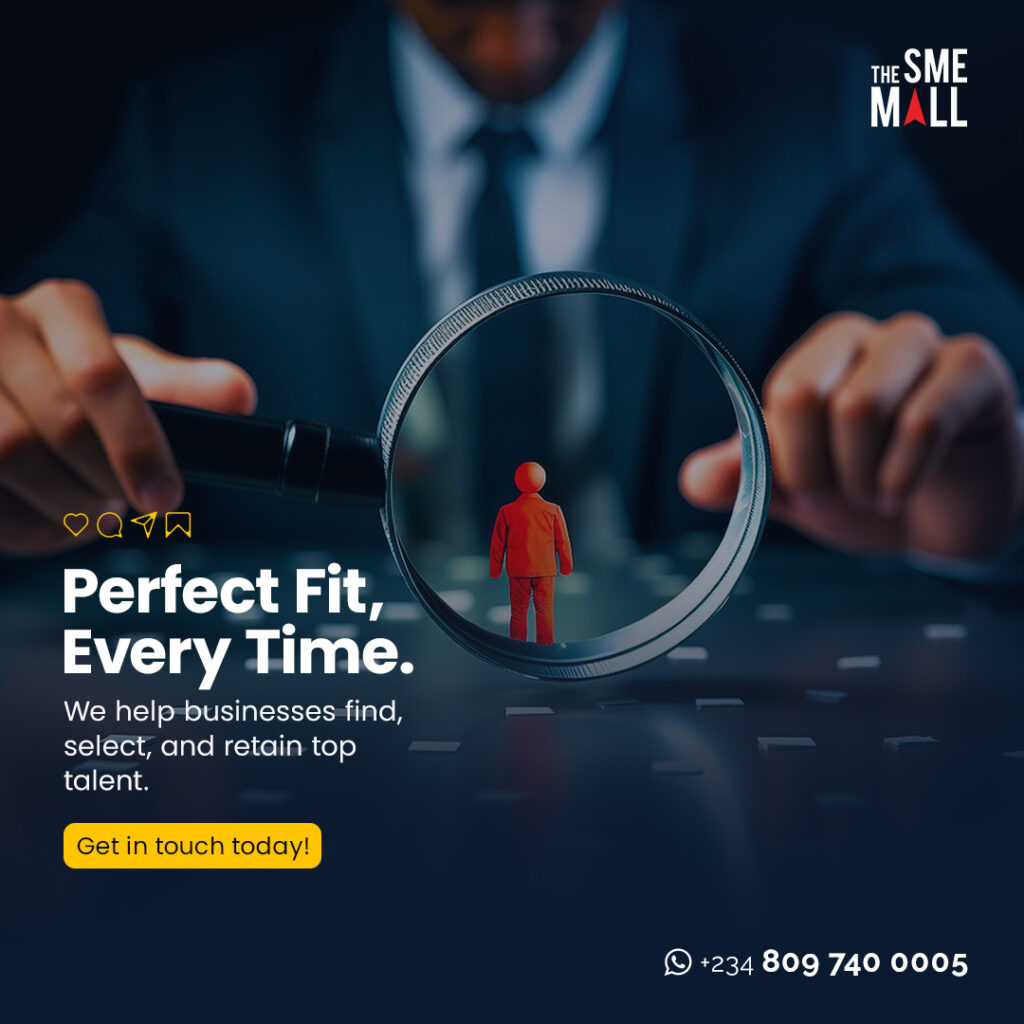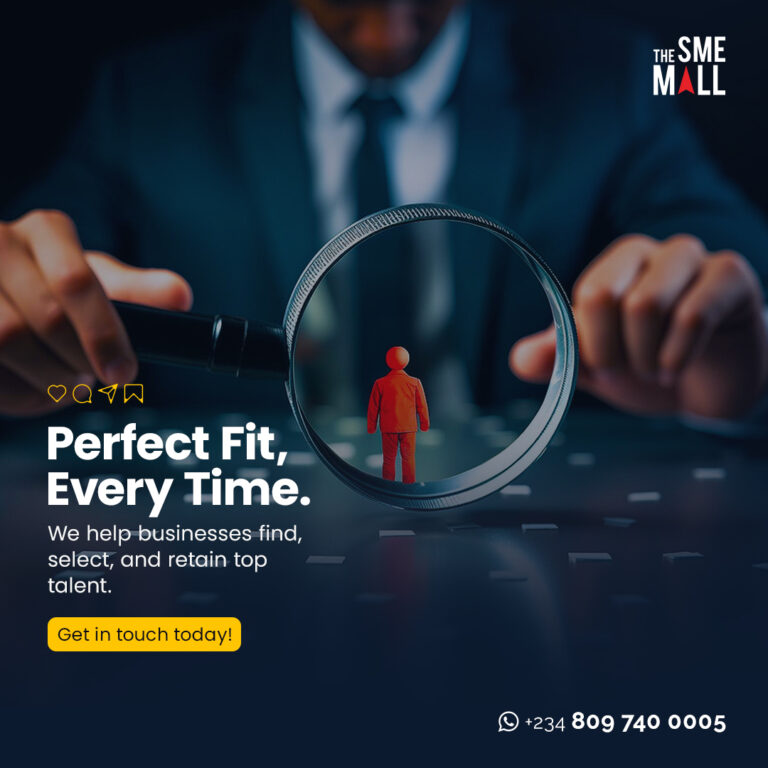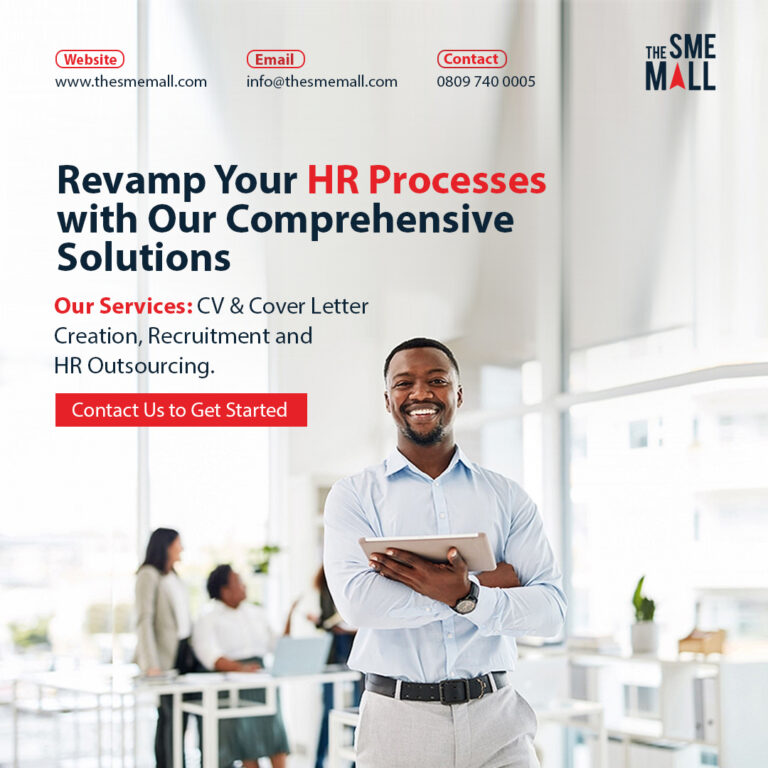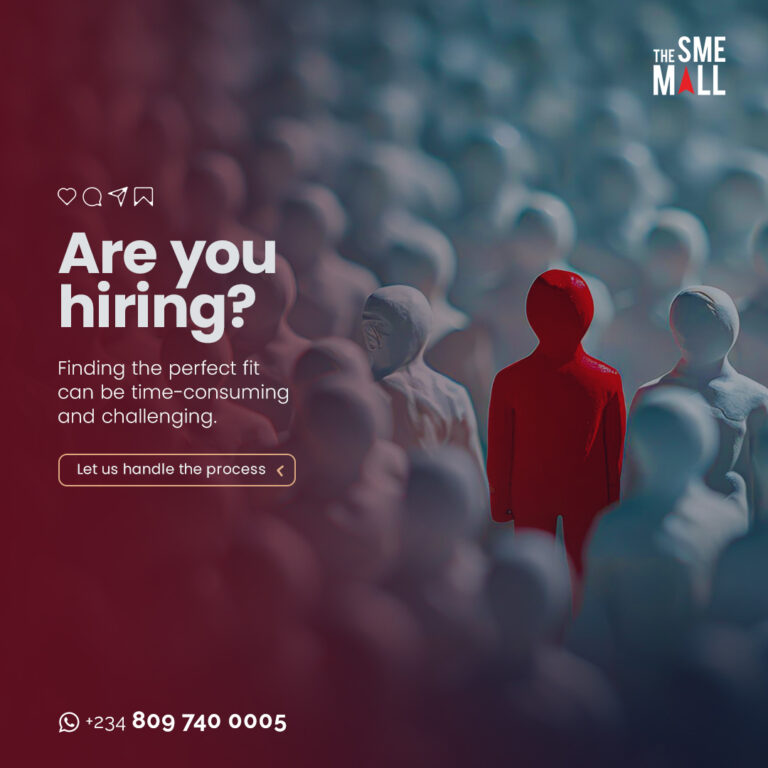Skills Over Credentials: Transforming Your Hiring Strategy for the Modern Workforce
The hiring landscape is broken. Companies spend months searching for the “perfect” candidate with the right degree, specific years of experience, and an exact job title match. Meanwhile, exceptional talent with the actual skills to excel sits on the sidelines, overlooked because they don’t fit a rigid checkbox mentality.
This outdated approach is costing Nigerian businesses dearly. In a rapidly evolving economy where technology disrupts industries overnight and new skills emerge faster than universities can teach them, clinging to traditional hiring methods is like using a typewriter in the age of artificial intelligence.
The future belongs to organizations that recognize a fundamental truth: what someone can do matters infinitely more than where they learned to do it. Welcome to the skills-first revolution, where capabilities trump credentials and potential outweighs pedigree.
The Death of the Traditional Job Description
For decades, job descriptions have been the holy grail of hiring, detailed documents listing every requirement, qualification, and expectation. But this approach was designed for a world that no longer exists.
The Old World vs. The New Reality:
In the past, jobs were predictable and roles remained static for years. Today, the World Economic Forum estimates that 44% of workers’ core skills will need to change by 2027. The half-life of technical skills has shrunk to just 2.5 years, making yesterday’s qualifications potentially irrelevant for tomorrow’s challenges.
The Credential Trap:
Traditional hiring creates artificial barriers that exclude capable talent:
Requiring university degrees for roles that don’t actually need them
Demanding specific years of experience for “entry-level” positions
Focusing on past job titles rather than demonstrated abilities
Overlooking self-taught professionals who may outperform formally educated candidates
The Nigerian Context:
In Nigeria’s dynamic business environment, this rigid approach is particularly problematic. Many talented individuals have developed exceptional skills through entrepreneurial ventures, online learning, apprenticeships, or practical experience—none of which show up on traditional resumes.
Understanding Skills-First Hiring
Skills-first hiring shifts focus from what candidates have studied or where they’ve worked to what they can actually accomplish. This approach evaluates competencies, problem-solving abilities, and potential for growth rather than checking boxes on a qualification list.
Core Principles:
Competency Over Credentials: Assess actual abilities to perform job-relevant tasks rather than educational background.
Potential Over Experience: Look for learning agility and adaptability rather than just current skill levels.
Results Over Roles: Focus on achievements and outcomes regardless of the context in which they were gained.
Growth Over Gaps: Identify candidates who can develop into roles rather than demanding perfect matches.
Why Nigerian Businesses Must Embrace Skills-First Approaches
Unlocking Hidden Talent Pools
Nigeria is rich with untapped talent that traditional hiring methods systematically exclude:
The Entrepreneur Pool: Individuals who’ve built businesses, solved real problems, and demonstrated resilience—skills no classroom can teach.
The Self-Taught Professionals: Developers who learned coding online, marketers who mastered digital strategies through practice, and analysts who developed data skills through necessity.
The Experience-Rich Workers: Professionals with deep practical knowledge gained through years of hands-on work, regardless of formal qualifications.
The Career Changers: Talented individuals seeking new opportunities who possess transferable skills and fresh perspectives.
Addressing Skills Shortages
Nigeria faces significant skills gaps in key areas like technology, digital marketing, data analysis, and project management. Skills-first hiring helps identify candidates who possess these capabilities regardless of how they acquired them.
Building Adaptive Teams
In an economy characterized by rapid change, teams need to be adaptable. Skills-first hiring naturally selects for learning agility and flexibility, qualities essential for navigating uncertainty.
Promoting Diversity and Inclusion
This approach inherently promotes diversity by removing barriers that have traditionally excluded qualified candidates from different backgrounds, regions, or educational experiences.
Essential Skills for Today’s Nigerian Workforce
Digital Competencies
Technology Fluency: Basic to advanced computer skills, software proficiency, and ability to learn new digital tools quickly.
Data Literacy: Capability to collect, analyze, and interpret data for decision-making, increasingly valuable across all industries.
Digital Communication: Proficiency with online collaboration tools, social media platforms, and digital marketing channels.
Critical Thinking Skills
Problem-Solving: Creative and analytical approaches to overcoming business challenges and finding innovative solutions.
Strategic Thinking: Ability to see the big picture, understand market dynamics, and contribute to long-term planning.
Decision-Making: Skill in weighing options, assessing risks, and making informed choices under pressure.
Interpersonal Abilities
Communication: Clear written and verbal communication in multiple languages, including technical communication skills.
Collaboration: Ability to work effectively in teams, manage conflicts, and build productive relationships.
Leadership: Capacity to influence, motivate, and guide others regardless of formal authority or position.
Adaptability Traits
Learning Agility: Willingness and ability to continuously acquire new skills and knowledge.
Resilience: Capacity to bounce back from setbacks and maintain performance under stress.
Innovation Mindset: Openness to new ideas, creative thinking, and willingness to challenge conventional approaches.
Implementing Skills-First Hiring: A Strategic Framework
Phase 1: Skills Mapping and Role Redefinition
Conduct Skills Inventory:
Analyze your top performers to identify key competencies that drive success
Map skills to business outcomes and performance metrics
Identify critical skills gaps limiting business growth
Document both hard and soft skills requirements
Rewrite Role Descriptions:
Lead with required competencies rather than qualifications
Focus on outcomes and impact rather than tasks and duties
Minimize degree requirements unless absolutely essential
Emphasize growth potential and learning opportunities
Phase 2: Assessment Method Transformation
Design Skills-Based Evaluations:
Create practical work samples relevant to actual job responsibilities
Develop case studies and problem-solving exercises
Use portfolio reviews for creative and technical roles
Implement situational judgment tests for decision-making roles
Restructure Interview Processes:
Use competency-based behavioral interviews
Include technical demonstrations or presentations
Involve team members who will work with the candidate
Focus on potential and learning ability, not just current skills
Phase 3: Technology and System Integration
Implement Supporting Technology:
Use applicant tracking systems that can capture and analyze skills data
Implement skills assessment platforms for objective evaluation
Create digital portfolios and skills databases
Establish performance tracking systems linked to competencies
Data-Driven Decision Making:
Track hiring success rates and performance outcomes
Analyze which skills predict job success in your organization
Continuously refine assessment methods based on results
Use analytics to identify emerging skills needs
Phase 4: Culture and Change Management
Build Skills-Focused Culture:
Train hiring managers on new assessment methods
Communicate the business benefits to all stakeholders
Celebrate success stories and positive outcomes
Address resistance and concerns proactively
Continuous Improvement:
Regularly review and update skills frameworks
Gather feedback from new hires and hiring managers
Stay current with industry trends and emerging skills
Adapt approaches based on business needs and market changes
Overcoming Implementation Challenges
Resistance to Change
Address Manager Concerns: Many managers worry about assessing unfamiliar backgrounds or non-traditional candidates. Provide training, clear guidelines, and support during the transition.
Demonstrate Value: Share success stories, performance data, and business benefits to build confidence in the new approach.
Resource Constraints
Start Small: Begin with pilot programs for specific roles or departments before company-wide implementation.
Leverage Technology: Use affordable or free assessment tools and platforms to reduce costs while building capability.
Skills Evolution
Stay Current: Establish processes to regularly update skills frameworks based on market trends and business needs.
Build Learning Culture: Create systems for continuous skill development and adaptation within your organization.
Professional HR Support for Skills-First Transformation
Transitioning to skills-first hiring requires expertise in human resources, organizational psychology, and strategic workforce planning. Many businesses need professional guidance to implement these changes effectively while avoiding common pitfalls.
The SME Mall’s Comprehensive HR Services
The SME Mall provides end-to-end HR support to help Nigerian businesses of all sizes successfully implement skills-first hiring strategies. Our team of HR professionals combines global best practices with deep understanding of the Nigerian talent market.
Our Skills-First Transformation Services:
Strategic Workforce Planning:
Current state analysis and skills gap identification
Future skills requirement forecasting
Competency framework development
Workforce strategy alignment with business objectives
Hiring Process Optimization:
Skills-based job description development
Assessment methodology design and implementation
Interview process restructuring and training
Technology selection and integration support
Performance Management Evolution:
Skills-based performance metrics development
Career progression pathway creation
Learning and development program design
Succession planning based on competencies
Change Management Support:
Stakeholder engagement and communication strategies
Manager training and capability building
Culture transformation initiatives
Implementation monitoring and optimization
Proven Impact
Organizations working with The SME Mall experience:
Reduced time-to-hire through more effective candidate identification
Improved hire quality with better job-performance correlation
Increased diversity in successful candidates
Enhanced employee satisfaction through better role fit
Greater organizational agility in responding to business needs
Measuring Success in Skills-First Hiring
Key Performance Indicators
Hiring Effectiveness:
Time-to-fill positions
Quality of hire ratings
New hire performance scores
Retention rates at 6, 12, and 24 months
Diversity and Inclusion:
Candidate pool diversity metrics
Hire diversity across different demographic groups
Internal mobility and promotion rates
Employee satisfaction scores
Business Impact:
Team productivity improvements
Innovation metrics and new idea generation
Adaptability measures during change
Customer satisfaction scores
Continuous Optimization
Regular Review Cycles:
Monthly hiring metrics analysis
Quarterly skills framework updates
Annual comprehensive strategy review
Ongoing stakeholder feedback collection
The Future of Work is Skills-Driven
The shift to skills-first hiring isn’t just a trend, it’s a fundamental transformation in how we think about talent, potential, and human capital. Organizations that embrace this approach will build more resilient, adaptable, and innovative teams capable of thriving in an uncertain future.
The Competitive Advantage: While competitors struggle with traditional hiring limitations, skills-first organizations will access broader talent pools, make better hiring decisions, and build teams that can evolve with changing business needs.
The Human Impact: Beyond business benefits, skills-first hiring creates opportunities for talented individuals who’ve been systematically excluded by credential-based systems, promoting genuine meritocracy and social mobility.
Start Your Transformation Today:
Assess your current hiring challenges and identify specific pain points
Map critical skills needed for business success
Pilot skills-first approaches with selected roles
Invest in professional support to accelerate transformation and avoid common mistakes
The future belongs to organizations that see talent clearly, not through the lens of where someone studied or worked, but through the reality of what they can accomplish.
Ready to transform your hiring strategy? The SME Mall’s HR Services team specializes in helping Nigerian businesses implement successful skills-first hiring strategies that unlock hidden talent and drive superior business results.
Contact The SME Mall today for your complimentary hiring strategy consultation and discover how skills-first approaches can revolutionize your talent acquisition success.



